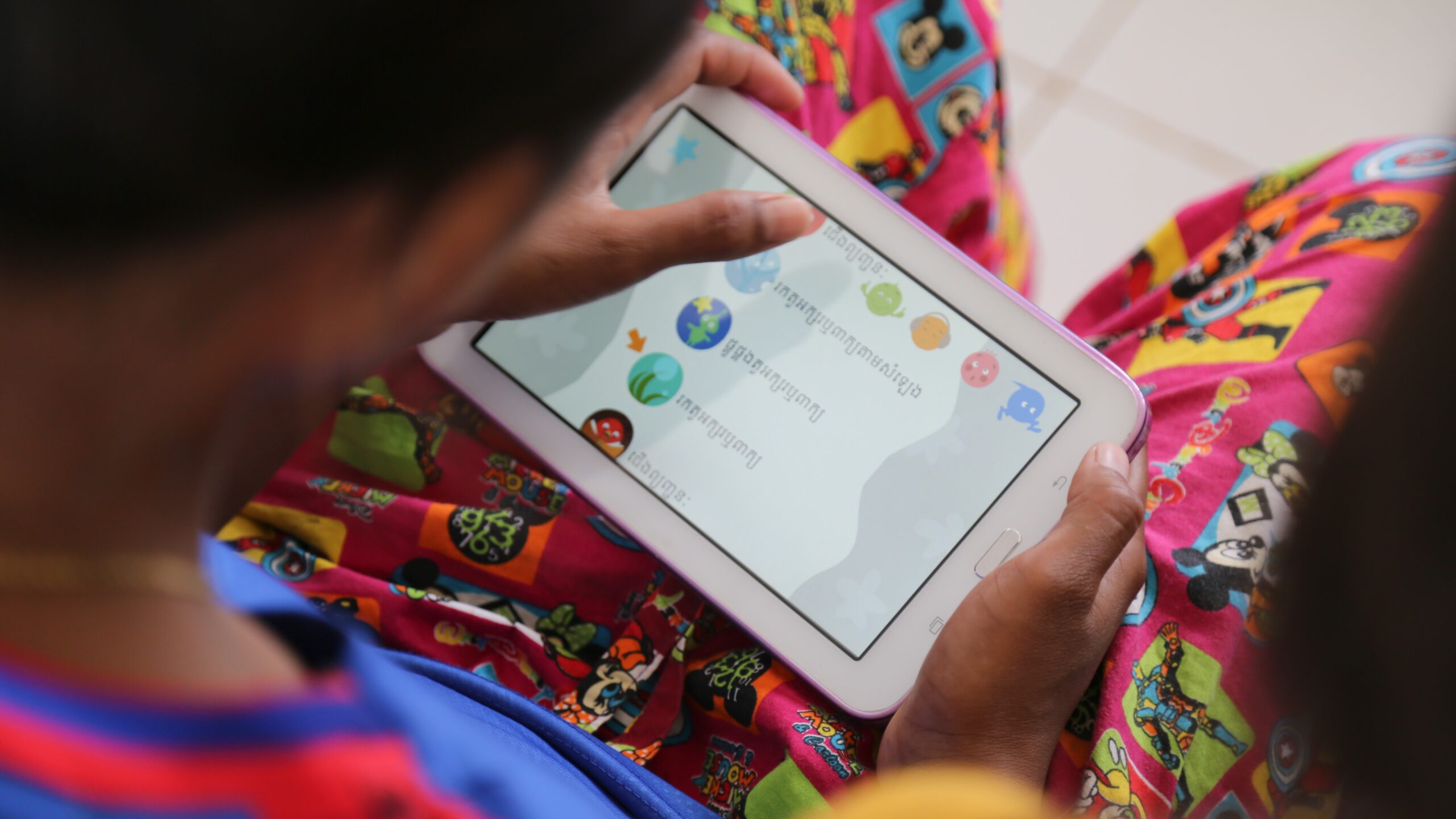The internet is a powerful resource where you can learn, socialize, and game, but you might also be exposed to risks. Keep yourself safe online by following these simple Do’s and Don’ts.
Do keep your full name, address, and school private. Sharing this information could help someone online find out where you are in real life and make it easy for that person to steal your identity.
Do tell a trusted adult if someone threatens you online or tells you to keep something secret. You could be in danger, so it’s important to tell someone who can help you handle this threat.
Do tell an adult if an inappropriate photo you shared or posted is then shared by others. Even if a message or image doesn’t go viral, this is very serious and should be reported to an adult who can help you report it and work with you to try to block the material. There are resources to support you through what can be a difficult and scary time including NCMEC’s Take It Down and the Marie Collins Foundation.
Do talk to an adult if someone online says they are going to hurt themselves or others. This is very serious and you should inform a trusted adult right away. They can report it to the proper authorities to ensure everyone’s safety.
Do tell a trusted adult if you see someone bullied online. The adult can report the bullying to the social media platform, and if necessary, to the school or even the police.
Don’t talk to strangers online or agree to meet them in person. Someone might pretend to be a kid when they are actually an adult with bad intentions. If anyone asks to meet you in person, always tell a trusted adult right away.

